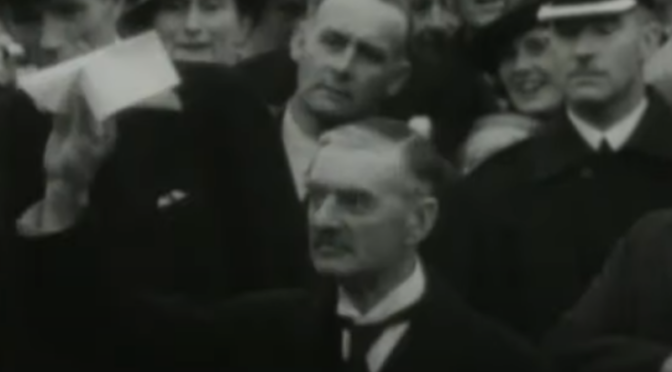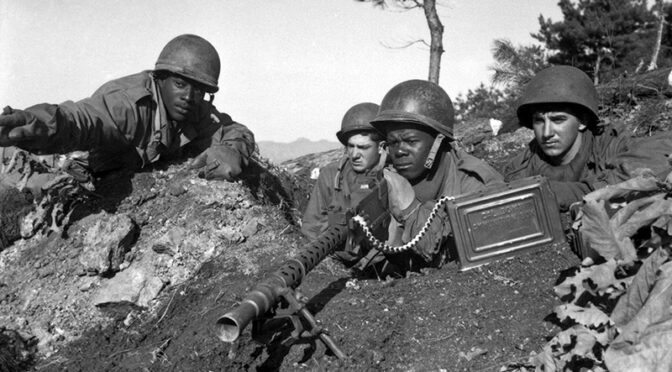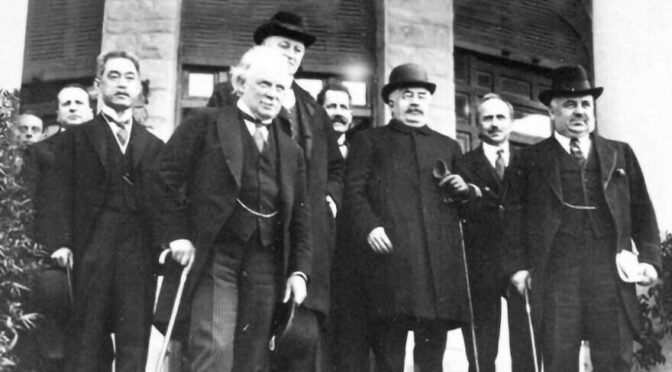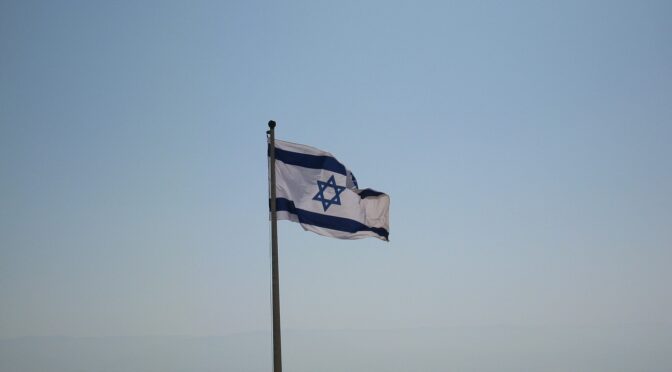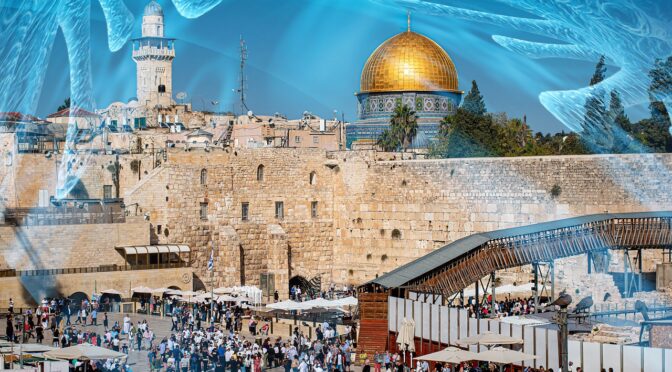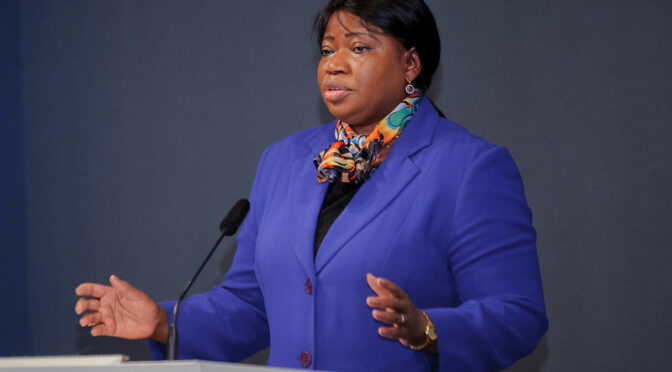Article published by the Gatestone Institute, 24 August 2020. © Richard Kemp
Europe is in the grip of a uniquely virulent and pernicious disease that threatens the wellbeing of its peoples and of the world: not Coronavirus, but appeasement. Anglo-French foreign policy in the 1930s was also dominated by appeasement – of Nazi Germany – a policy that failed to prevent one of the greatest catastrophes that ever engulfed civilisation and that led to the deaths of millions.
Now, Britain and France seek to appease the three powers that most threaten the world today: Iran, China and Russia. As permanent members of the UN Security Council, last week both Britain and France genuflected to their arch-enemies by refusing to support their greatest ally, the United States, in its resolution to extend the UN arms embargo on Iran. The US resolution was of course opposed by China and Russia, both of which intend to sell advanced conventional weapons to Iran as soon as the embargo runs out in October.
Back in the 1930s, the aggressive intentions of Nazi Germany were clear. Although appeasement of Hitler was inexcusable, the main reason was perhaps understandable: a prevailing attitude of ‘peace at any price’ following the unexampled butchery of World War I, then still so fresh in everybody’s minds.
Today, the intentions of Khamenei’s Iran are just as clear, and have been frequently demonstrated in imperial aggression across the Middle East, especially against Iraq, Syria, Lebanon, Yemen and Saudi Arabia, as well as in its unwavering threats and military actions against Israel.
Even if European countries were so blinkered as to overlook these distant aggressions, how could they ignore the multitude of terrorist and assassination plots mounted by Iranian proxies on their own soil in recent years? As well as the murder and attempted Continue reading

